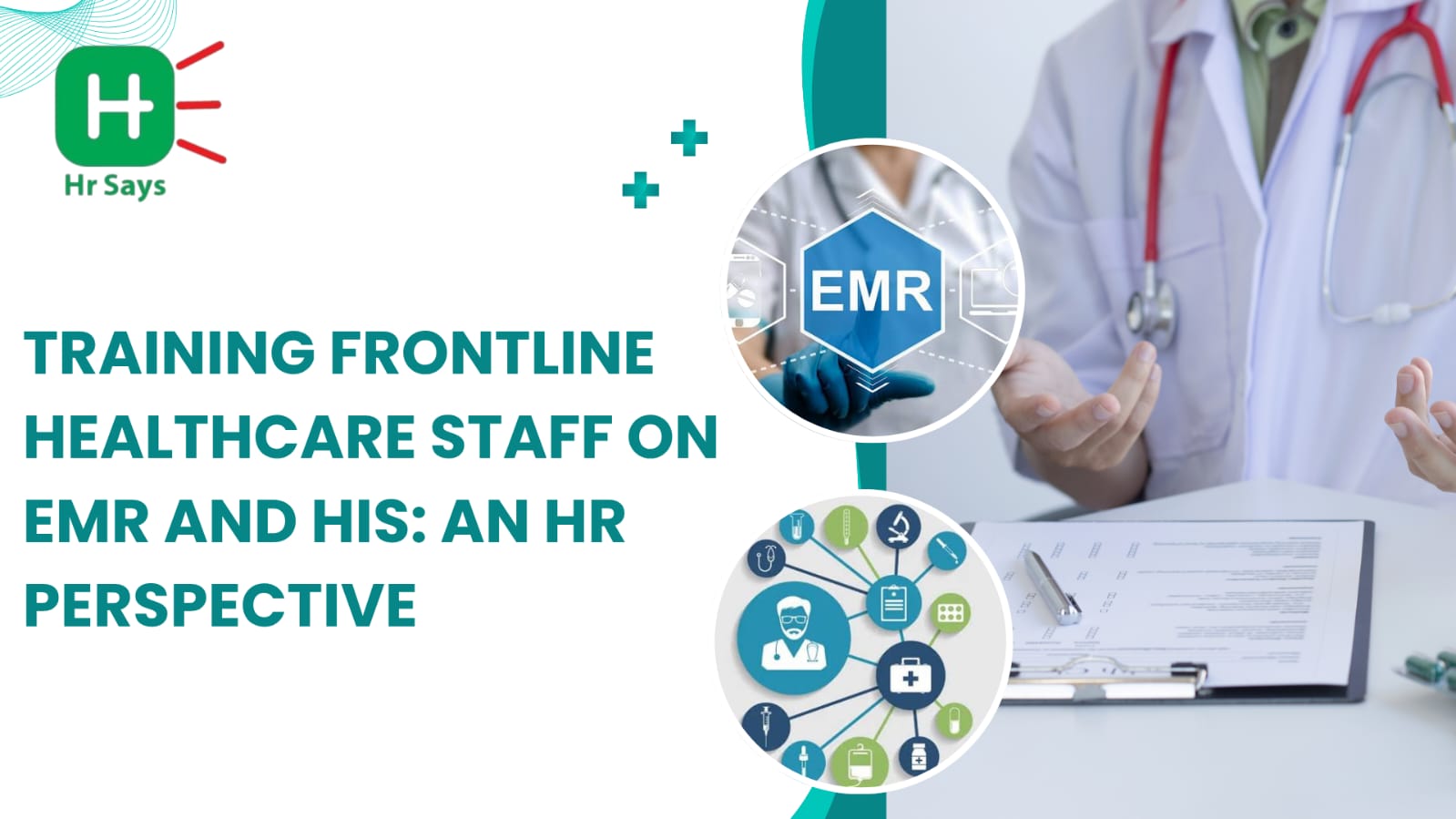Why do so many tech upgrades in hospitals fail? Not because the software is bad. But because the people using it were never trained properly. And that’s where HR plays a key role.
A Shift That Can’t Be Ignored
Across the US, EU, and GCC, hospitals are adopting EMR (Electronic Medical Records) and HIS (Hospital Information Systems) at record speed. It’s not just digital—it’s structural. This shift is part of a larger digital transformation in hospitals, powered by:
● Healthcare Cloud Solutions
● EHR Integration
● Interoperability in Healthcare
● AI in Healthcare
● SaaS in Healthcare
But none of this means anything without people who know how to use it.
The HR Challenge: Not Just Onboarding, But Retraining
Most nurses and frontline staff were trained in patient care—not healthcare automation. They don’t need to become IT experts. But they do need to understand:
● How to navigate new medical software
● What goes into data input and compliance
● Why cybersecurity in healthcare matters
● What healthcare data analytics means for patient outcomes
This is more than teaching buttons. It’s about building confidence. And changing habits that have been there for years.
Common Gaps Seen in Training Programs
● One-time sessions with no follow-up
● Complex tech jargon with no real-world context
● No space to ask “simple” questions without judgment
● A lack of hands-on, daily support after go-live
The result? Frustration. Slow adoption. Mistakes.
The HR Strategy That Works
HR must approach this like a culture shift, not a tech update.
● Microlearning modules: 5-minute videos or checklists for busy shifts
● Peer mentors: One tech-savvy nurse per ward who guides others
● Scenario-based practice: Train with real-world examples, not just manuals
● Anonymous feedback channels: Let staff speak up without fear
● Performance mapping: Track how software impacts patient care
It’s not just about training. It’s about ownership.
Tech Fatigue Is Real
By week two, even the best staff may feel overwhelmed. Morale dips. This isn’t resistance—it’s
exhaustion. And HR must read the room.
Simple solutions like:
● Scheduled “tech-free” zones
● Optional refresher hours
● Recognizing early adopters
…can make a big difference.
No, This Isn't Just IT’s Job
The success of EMR or HIS rollouts is often handed to the IT department. But training and support? That’s an HR issue. It’s about people, not just platforms.
Conclusion
The digital tools are here. The dashboards are powerful. But without well-trained, confident staff, even the best tech will fall flat.
HR must lead—not lag—when healthcare goes digital.
Because the frontlines deserve more than software. They deserve support.

 Hospitals are going digital. But software alone won’t fix workflows. Training the people behind the screens—frontline staff—is where real transformation begins.
Hospitals are going digital. But software alone won’t fix workflows. Training the people behind the screens—frontline staff—is where real transformation begins.








.jpeg)
.jpeg)

.jpeg)





.jpeg)



.jpeg)

.jpeg)



